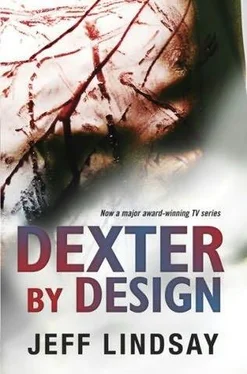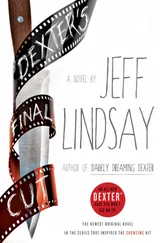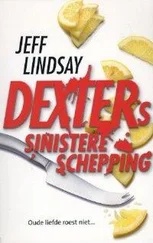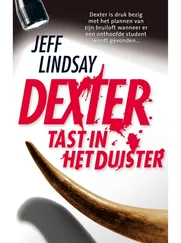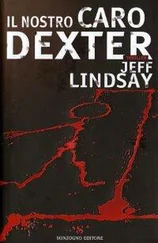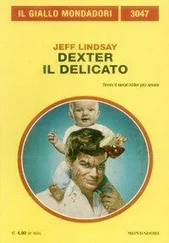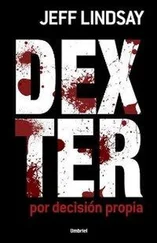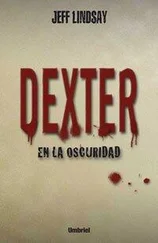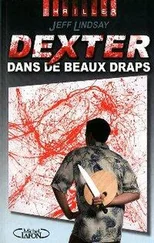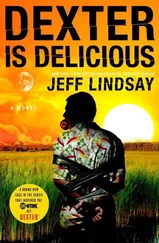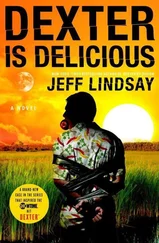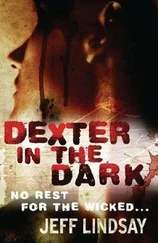I am not truly a clothing-oriented person, but I do have some basic standards of sartorial decency, and the outfits we were wearing crushed them utterly and spat them into the dust. I had protested, of course, but Reverend Kyle had told me there was no choice. “Gotta look the part, buddy,” he said, and he brushed a hand against his red sport coat. “This is Baptist missionary clothing.”
“Couldn't we be Presbyterians?” I asked hopefully, but he shook his head.
“This is the pipeline I got,” he said, “and this is how we gotta do it. Unless you speak Hungarian?”
“Eva Gabor?” I said, but he shook his head.
“And don't try to talk about Jesus all the time, they don't do that,” he said. “Just smile a lot and be kind to everybody, and you'll be fine.” He handed me another piece of paper and said, “Here. This is your letter from Treasury to allow you to travel to Cuba for missionary work. Don't lose it.” He had been a fountain of a great deal more information in the few short hours between deciding he would take me to Havana and our dawn arrival at the airport, even remembering to tell me not to drink the water, which I thought was close to quaint.
I'd barely had time to tell Rita something almost plausible —that I had an emergency to take care of and not to worry, the uniformed cop would stay at her front door until I got back. And although she was quite smart enough to be puzzled by the idea of emergency forensics, she went along with it, reassured by the sight of the police cruiser parked in front of the house. Chutsky, too, had done his part, patting Rita on the shoulder and saying, “Don't worry, we'll take care of this for you.” Of course, this confused her even more, since she had not requested any blood spatter work, and if she had, Chutsky would not have been involved. But overall, it seemed to give her the impression that somehow vital things were being done to make her safe and everything would soon be all right, so she gave me a hug with minimal tears, and Chutsky led me away to the car.
And so we stood there together in the small building at the airport waiting for the flight to Havana, and after a short spell we were out the door and onto the runway, clutching our phony papers and our real tickets and taking our fair share of elbows from the rest of the passengers as we all scuttled onto the plane.
The airplane was an old passenger jet. The seats were worn and not quite as clean as they could have been. Chutsky —I mean Reverend Freeney —took the aisle seat, but he was big enough that he still crowded me over against the window. It would be a tight fit all the way to Havana, tight enough that I would have to wait for him to go to the restroom before I could inhale. Still, it seemed a small price to pay for bringing the Word of the Lord to the godless communists. After only a few minutes of holding my breath, the plane rattled and bumped down the runway and into the air, and we were on our way.
The flight was not long enough for me to suffer too much from oxygen deprivation, especially since Chutsky spent much of the time leaning into the aisle and talking to the flight attendant; within only about half an hour we were banking in over the green countryside of Cuba and thumping onto a runway that apparently used the same paving contractor as Miami International. Still, as far as I could tell the wheels did not actually fall off, and we rolled along up to a beautiful modern airport terminal —and rolled right past it until we finally came to a halt next to a grim old structure that looked like the bus station for a prison camp.
We trooped down off the plane on a rolling stairway, and crossed the tarmac into the squat grey building, and the inside was not a great deal more welcoming. Some very serious-looking uniformed men with mustaches stood around inside clutching automatic weapons and glaring at everyone. As a bizarre contrast, several television sets hung down from the ceiling, all playing what seemed to be a Cuban sitcom, complete with a hysterical laughter track that made its US counterpart sound bored. Every few minutes one of the actors would shout something I couldn't decipher, and a blast of music would rise up over the laughter.
We stood in a line that moved slowly toward a booth. I could see nothing at all on the far side of the booth and for all I knew they could be sorting us into cattle cars to take us away to a gulag, but Chutsky didn't seem terribly worried, so it would have been poor sportsmanship for me to complain.
The line inched ahead and soon, without saying a word to me, Chutsky stepped up to the window, and shoved his passport in through a hole at the bottom. I could not see or hear what was said, but there were no wild shouts and no gunfire and after a moment he collected his papers and vanished on the far side of the booth, and it was my turn.
Behind the thick glass sat a man who could have been the twin of the nearest gun-toting soldier. He took my passport without comment and opened it, looked inside, looked up at me, and then pushed it back to me without a word. I had expected some kind of interrogation -1 suppose I'd thought he might rise up and smite me for being either a capitalist running dog, or possibly a paper tiger and I was so startled at his complete lack of response that I stood there for a moment before the man behind the glass jerked his head at me to go, and I did, heading around a corner the way Chutsky had gone and into the baggage claim area.
“Hey buddy,” Chutsky said as I approached the spot he had staked out by the unmoving belt that would soon, I hoped, bring our bags out. “You weren't scared, were you?” I guess I thought it would be a little more difficult than that,” I said. I mean, aren't they kind of mad at us or something?” Chutsky laughed. I think you're gonna find out that they like you,” he said. “It's just your government they can't stand.” I shook my head. “Can they really separate them like that?”
“Sure,” he said. “It's simple Cuban logic” As nonsensical as that seemed, I had grown up in Miami and knew perfectly well what that was; Cuban logic was a running joke in the Cuban community, placed right before being Cubanaso in the emotional spectrum. The best explanation I'd ever had was from a professor in college. I'd taken a poetry course in the vain hope of learning to see into the human soul, since I don't have one. And the professor had been reading aloud from Walt Whitman —I still remembered the line, since it is so utterly human. “Do I contradict myself? Well then —I contradict myself. I am large. I contain multitudes.” And the professor had looked up from the book and said, “Perfect Cuban logic,” waited for the laughter to die down, and then gone back to reading the poem.
So, if the Cuban people disliked America and liked Americans, it involved no more mental gymnastics than I had seen and heard nearly every day of my life. In any case, there was a clatter, a buzzer blasted a loud note, and our baggage began to come out on the belt.
We didn't have a lot, just one small bag each —just a change of socks and a dozen bibles —and we wrestled the bags out past a female customs agent who seemed more interested in talking to the guard beside her than in catching us smuggling in weapons or stock portfolios.
She merely glanced at the bags and waved us through, without losing a syllable of her rapid-fire monologue. And then we were free, walking improbably out the door and into the sunshine outside. Chutsky whistled up a taxi, a grey Mercedes, and a man stepped out in grey livery and matching cap and grabbed our bags.
Chutsky said, “Hotel Nacional,” to the driver, he threw our bags in the trunk, and we all climbed in.
The highway into Havana was badly pock-marked, but it was very close to deserted. We saw only a few other cabs, a couple of motorcycles, and some army trucks moving slowly along, and that was it —all the way into the city. Then the streets suddenly exploded into life, with ancient cars, bicycles, crowds of people flowing over the sidewalks, and some very strange-looking buses that were pulled by diesel trucks. They were twice as long as an American bus, and shaped something like the letter “M” with the two ends going up like wings and then sloping down to a flat-roofed low spot in the middle.
Читать дальше
